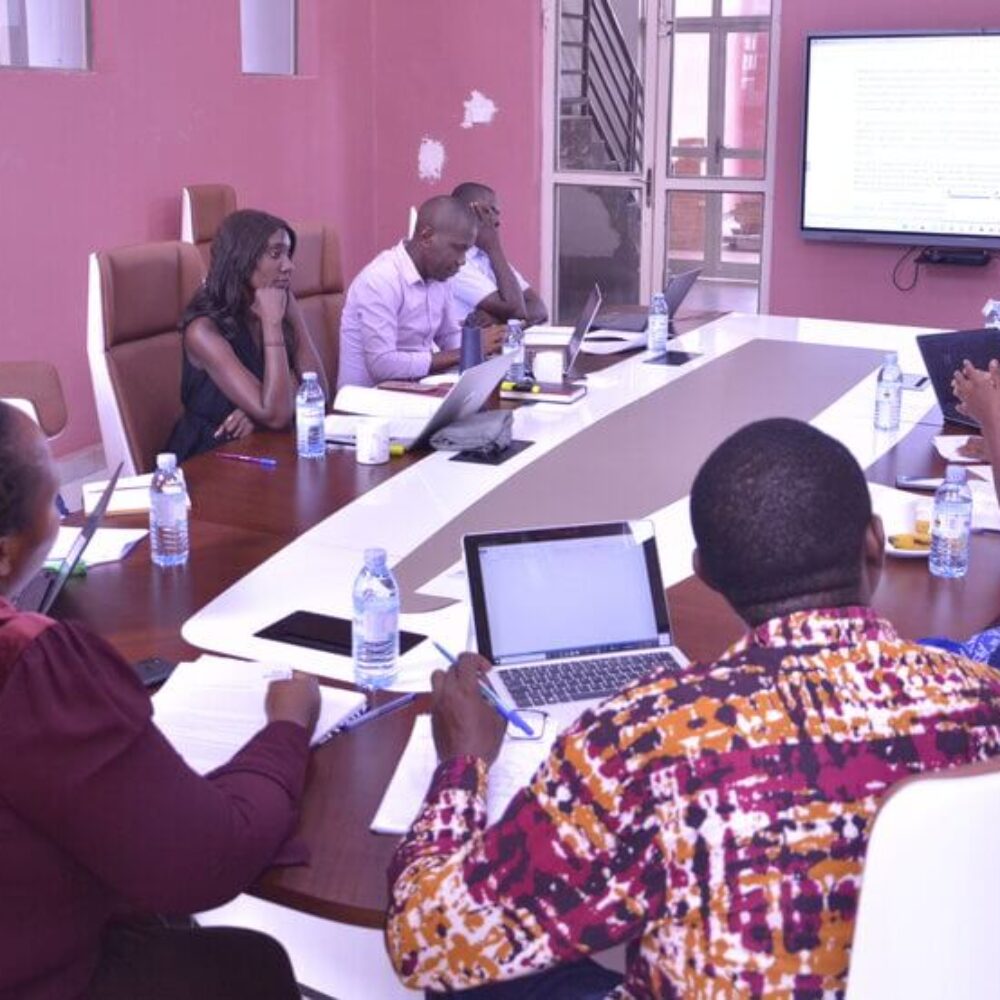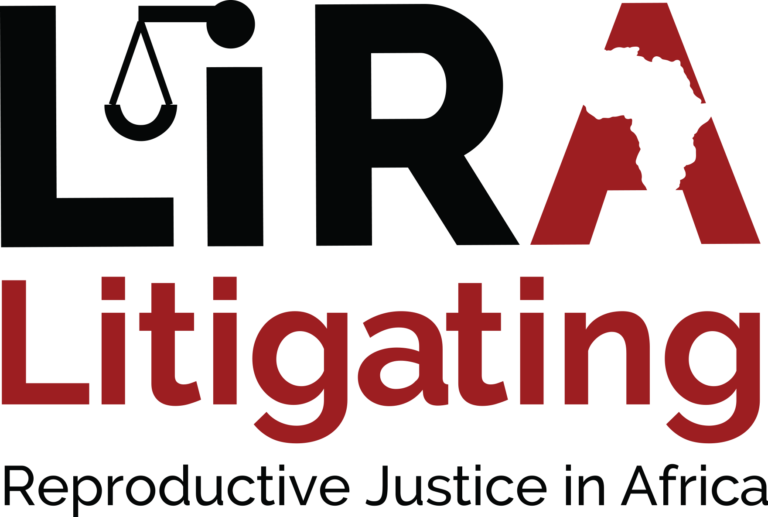Ivory Coast/Côte d'Ivoire
Côte d’Ivoire, a West African country, gained independence in 1960. Since then, it has demonstrated its commitment to promoting and protecting human rights by ratifying various international and regional instruments, including the African Charter on Human and Peoples’ Rights in 1992. The country has also taken significant steps to promote gender equality in social, economic, and political spheres. This commitment was exemplified by its ratification of the Maputo Protocol in 2012, followed by the implementation of specific measures to uphold the protocol’s provisions.
Acts
Côte d’Ivoire has established legal instruments that guarantee the principles of equality and non-discrimination, particularly with regard to sexual and reproductive rights. Article 2 of the Ivorian Constitution states: “All human beings are born free and equal before the law. They enjoy the right to life, liberty, the development of their personality, and respect for their dignity. These rights are inviolable.” This constitutional provision affirms that men and women are entitled to the same rights under the law.
To combat gender-based violence, Côte d’Ivoire has enacted comprehensive legal measures. Articles 354 and 356 of the Ivorian Penal Code criminalize rape and sexual harassment. Additionally, Law No. 98/757 of December 23, 1998 prohibits female genital mutilation (FGM), providing penalties ranging from 1 to 5 years imprisonment and fines for any assault on a woman’s genital organs. If the victim dies as a result of the procedure, the penalty increases to 5 to 20 years imprisonment. In cases where medical professionals are involved in the practice, they may face up to 5 years suspension from practicing medicine.
At the international and continental levels, Côte d’Ivoire has ratified several treaties that promote sexual and reproductive rights. These include the Convention on the Elimination of All Forms of Discrimination Against Women (CEDAW), ratified on September 6, 1995. Côte d’Ivoire also signed the Optional Protocol to CEDAW in 2000, as well as the Additional Protocol to the African Charter on Human and Peoples’ Rights on the Rights of Women, which was adopted in 2003. Moreover, Côte d’Ivoire ratified the Maputo Protocol on October 5, 2011, demonstrating a continued commitment to women’s rights.
Legal and Policy Frameworks
The Constitution of Côte d’Ivoire recognizes the right to health and obliges the state to protect the family and promote social welfare. This includes specific measures, such as Decree No. 2015 mandating the reporting of maternal deaths and establishing the National Committee for the Monitoring of Maternal Deaths and Response (SDMR). Furthermore, Law No. 2015-532 of July 20, 2015 prohibits discrimination against individuals living with HIV/AIDS, reinforcing the country’s commitment to health rights.
Despite progress in several areas, Côte d’Ivoire’s abortion laws remain restrictive. According to Article 366 of the Ivorian Penal Code (1981), abortion is only permitted when necessary to save the life of the mother. Article 427 provides limited exceptions, allowing for abortion in cases of rape at the woman’s request. However, stringent procedural requirements, such as the need for certification by two doctors, must be met before such procedures can be carried out.
Additionally, Article 425 imposes penalties on women who undergo abortions, as well as on service providers and any person assisting in the procedure. These restrictive laws have led to high rates of clandestine and unsafe abortions, as observed by the Committee on the Elimination of Discrimination against Women (CEDAW) during its 50th session in 2011.
Reproductive Health Law (2014)
In an effort to improve access to sexual and reproductive health services, Côte d’Ivoire enacted the Reproductive Health Law (2014), which provides a legal framework to ensure universal access to family planning, maternal and child health, prevention and treatment of sexually transmitted infections (STIs), and the prevention of unsafe abortions. However, the law’s impact has been limited by the restrictive nature of the Penal Code’s abortion provisions.
Advocacy and Legal Reforms
In 2017, a coalition of women’s rights organizations filed a constitutional challenge against the restrictive abortion laws, arguing that the Penal Code violated women’s constitutional rights to health, dignity, and equality. In 2018, the Constitutional Council of Côte d’Ivoire ruled that the existing abortion laws were unconstitutional and mandated the government to revise them to better safeguard women’s rights.
As a result, in 2019, Côte d’Ivoire passed a revised law that expanded the grounds for legal abortion. The new provisions allow abortion in cases of rape, incest, fetal abnormalities, or when the woman’s life or health is in danger. This legislative reform represents a significant advancement in improving women’s access to safe and legal abortion services. Nonetheless, persistent challenges such as public awareness, stigma, and the uneven distribution of services continue to hinder the full implementation of the law.








